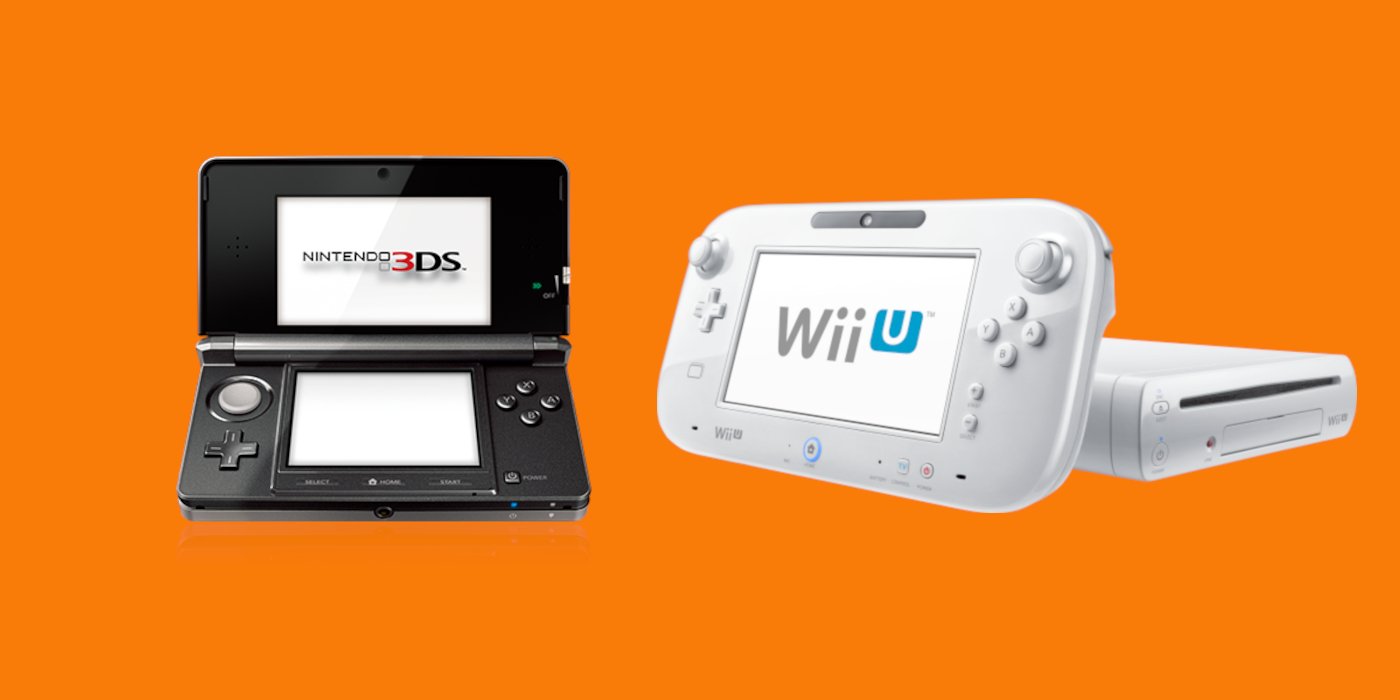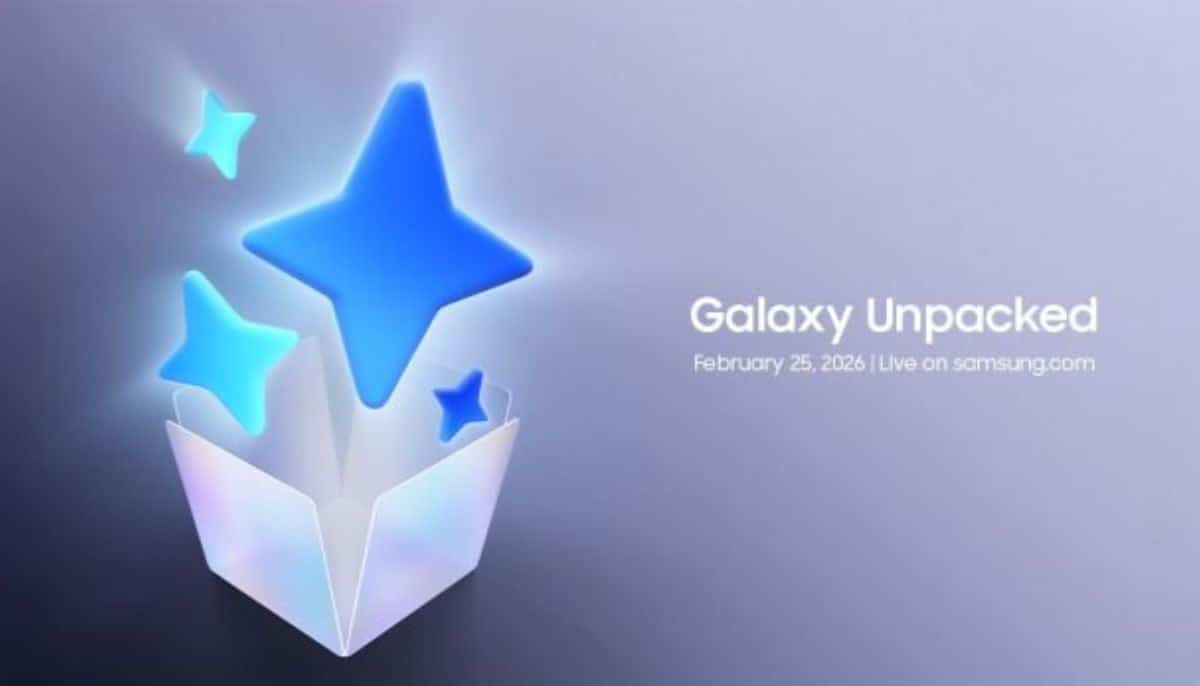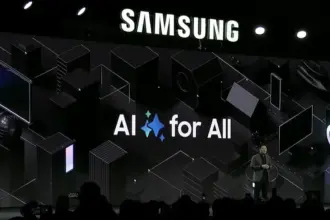Nintendo has officially announced the end of an era, with the online services for the Wii U and 3DS set to conclude on April 8th, 2024. This move marks the closure of a significant chapter in gaming history, impacting a variety of online functionalities including multiplayer modes, leaderboards, and game updates. While the digital storefronts of these consoles, known as the eShop, had previously shut down, gamers have continued to enjoy online play until now. Notable titles such as “Splatoon,” “Super Mario Maker,” and “Mario Kart” will see their online components cease, changing the way fans interact with these beloved games. Offline play remains unaffected, and services like Pokémon Bank will still be operational, but for how long is uncertain. The shutdown is a reminder of the fleeting nature of digital services and the importance of cherishing gaming memories made over the years.
The end of online services also brings a halt to the merging of funds between Nintendo Network ID (used on the Wii U and 3DS) and Nintendo Accounts (used on the Switch), further delineating the division between these console generations. As of March 11, 2024, players will no longer be able to transfer their eShop balances across platforms, underscoring the transition towards the newer Nintendo ecosystem centered around the Switch.
While the discontinuation of online services is a significant change, it’s crucial to highlight the legacy and impact of the Wii U and 3DS. These systems introduced groundbreaking features and hosted a plethora of games that have left indelible marks on the gaming landscape. From fostering innovative gameplay mechanics to harboring a diverse library of titles, both consoles provided unique experiences that broadened the horizons of video gaming.
This conclusion of online services underscores the transient nature of digital platforms, highlighting the shift towards newer technologies and gaming experiences. Despite this, the legacy of the Wii U and 3DS will persist through the offline playability of their expansive game libraries and the lasting memories created by their users. The emphasis now shifts towards preserving these experiences and looking forward to the future of gaming under Nintendo’s ever-evolving ecosystem.






























